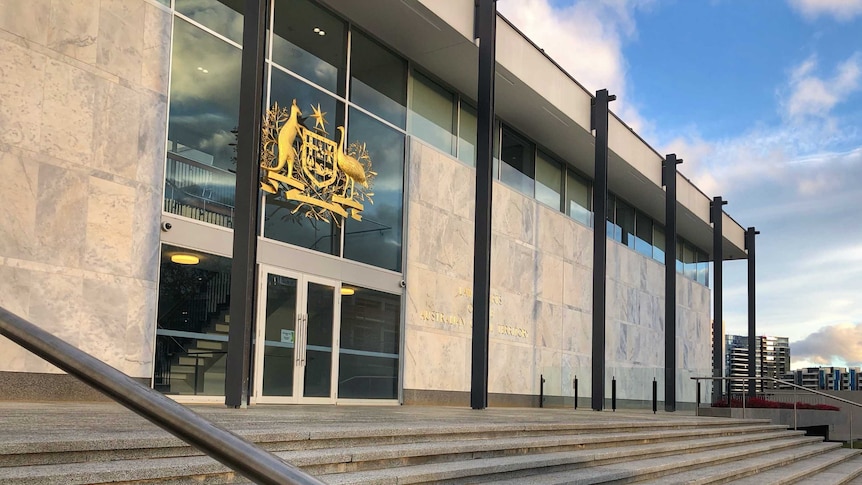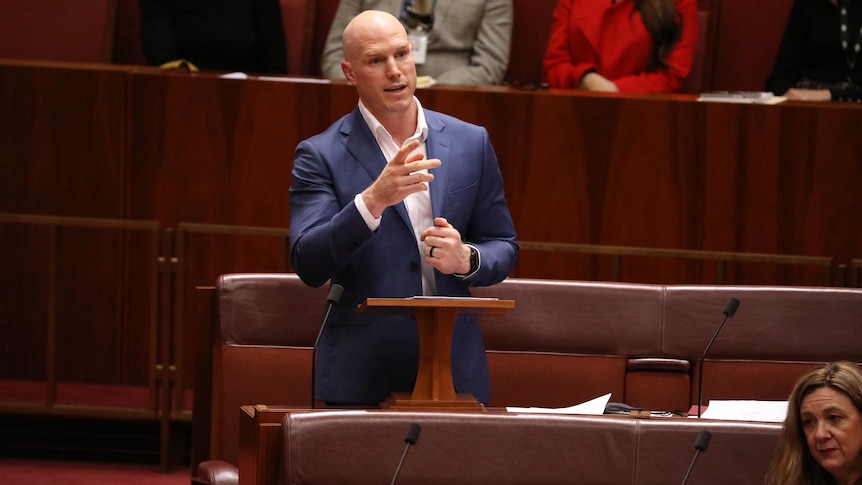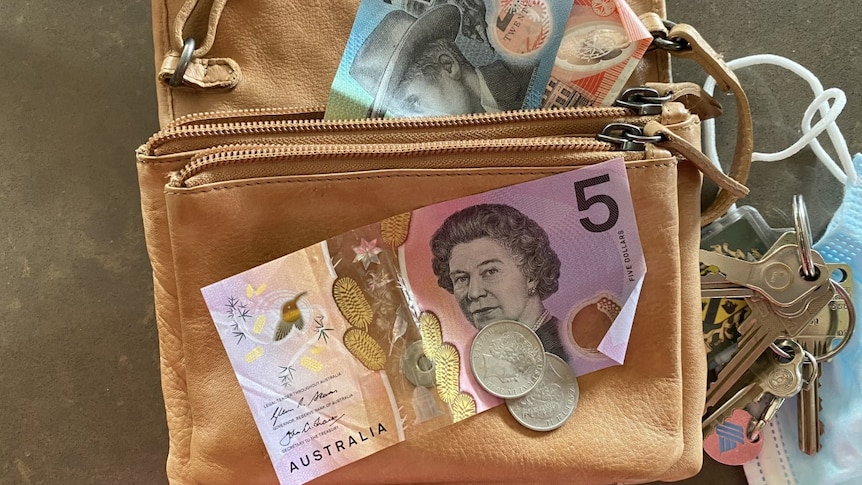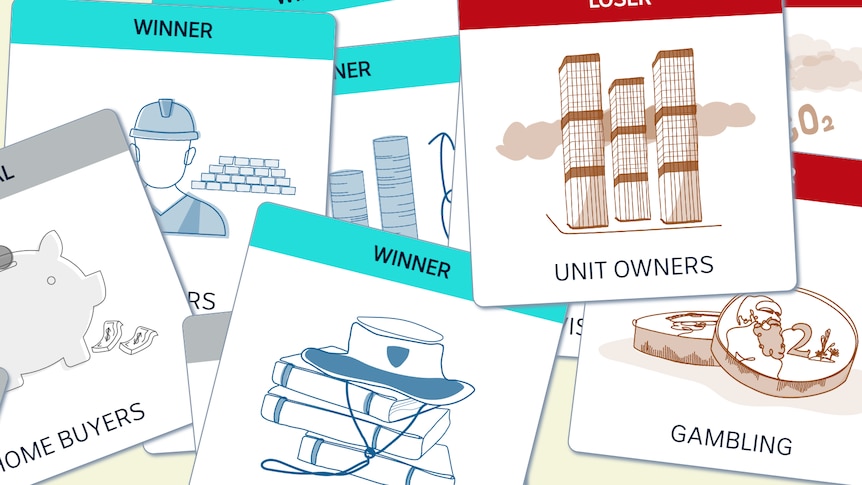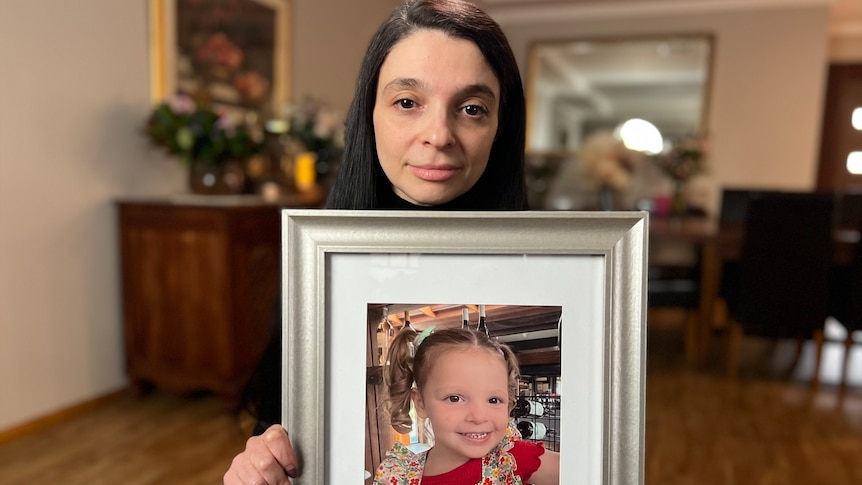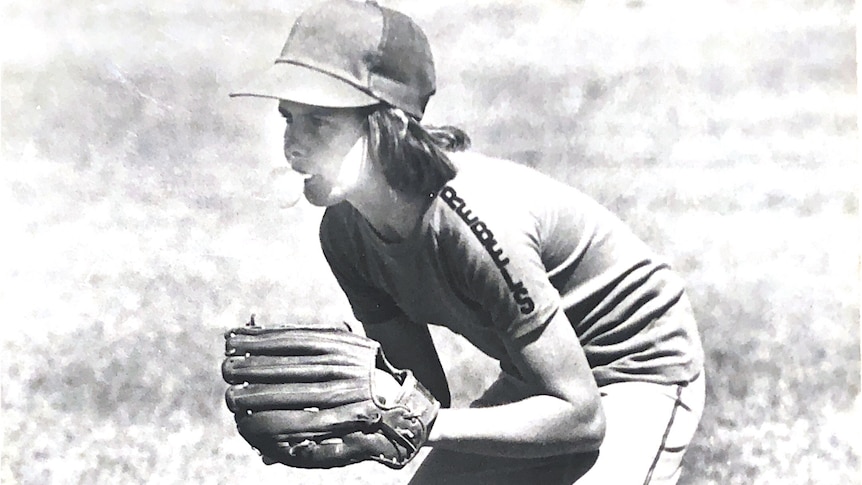Canberra homes and businesses will be unable to install a gas connection from next year under the ACT government’s plan to ditch fossil fuels by 2045.
Key points:
- Two-thirds of Canberra households currently have a gas connection
- The ACT gas supply network will switch off for good in 2045
- The government is offering incentives to replace gas appliances
Households are already leading the way, as natural gas prices convince them to switch to electricity to save money.
And Canberra’s new suburbs have already been designed without gas connections.
However, the government tabled legislation today to end all connections to new builds — including in older suburbs — as of January 1.
Chief Minister Andrew Barr said the transition — far ahead of the rest of the country’s schedule — would be “gradual and gentle.”
He said cutting off new gas connections was the only way to meet the ACT’s target of eliminating greenhouse-gas emissions.
“The days of cheap gas in Australia appear to be over,” Mr Barr said.
“Renewable electricity is now the cheapest and cleanest way to power our homes and businesses.”
About two-thirds of Canberra homes use natural gas — for heating, water systems or cooking — and the fuel accounts for about 20 per cent of the ACT’s emissions.
The ACT already buys more electricity from renewable sources than it uses: it reached its 100 per cent target three years ago.
Most remaining emissions come from transport, and the government revealed plans last month to phase out petrol and diesel engines.
Mr Barr said the government would help Canberrans to turn off their gas entirely by 2045.
“We know we need to make this transition in a responsible and considered manner — a way that provides certainty to households and businesses but also supports them during the transition,” he said.
Market forces already encouraging Canberrans to switch
Even before the Ukraine war worsened the global energy crisis, prices had been driving Canberrans to disconnect from mains gas.
In the two decades to 2020, gas costs for ACT households doubled after accounting for inflation.
They are expected to rise a further 19 per cent over the coming decade — about $220 a year more for a typical home.
Meanwhile, electricity prices are predicted to fall 3 per cent.
As a result of these pressures and environmental concerns, about 2 per cent of Canberra households each year have been cutting off their gas supply.
The government now expects that to increase to 2.5 per cent a year.
Its modeling also suggests that, without any policy interventions, market forces alone would reduce Canberra’s gas use by almost 60 per cent by 2045.
Change-over costs the biggest barrier: survey
The government says a range of incentives will help people and businesses change over.
These include the existing interest-free household loans of up to $15,000 to improve energy efficiency or switch to electricity.
Lower-value homes are also eligible for direct subsidies of up to $5,000.
Climate Change Minister Shane Rattenbury said disconnecting from mains gas was a longer-term goal, and there was no need to hurry, though it made sense to avoid the annual connection fees.
“As your current gas devices come to the end of their life, our advice to you is: make your next one electric,” he said.
“As you go to replace your hot water or heating system, don’t put another gas one in: choose an electric one today.
“It’s better for the environment and it’ll be better for your bank account — and we’ll help you make that transition over the coming years.”
A recent government survey found cost was the biggest barrier preventing Canberrans from switching to electricity.
At present, removing a gas meter and supply pipes costs about $800 per household.
The government said it would work with the Australian Energy Regulator to reduce or abolish that charge.
Mr Rattenbury said the ACT gas network would be switched off in 2045, but the government would not stop people from buying gas in LPG tanks if they wanted to.
“But I would say to those people: those new induction cooktops perform like gas, and the chefs we’ve talked to who’ve tried it love it.”
.


